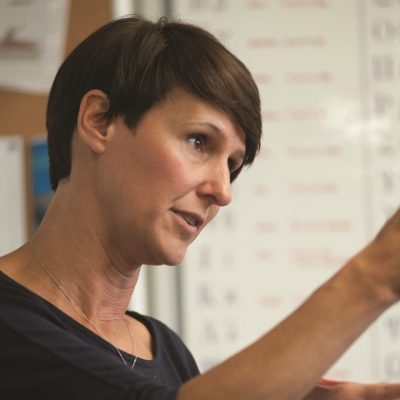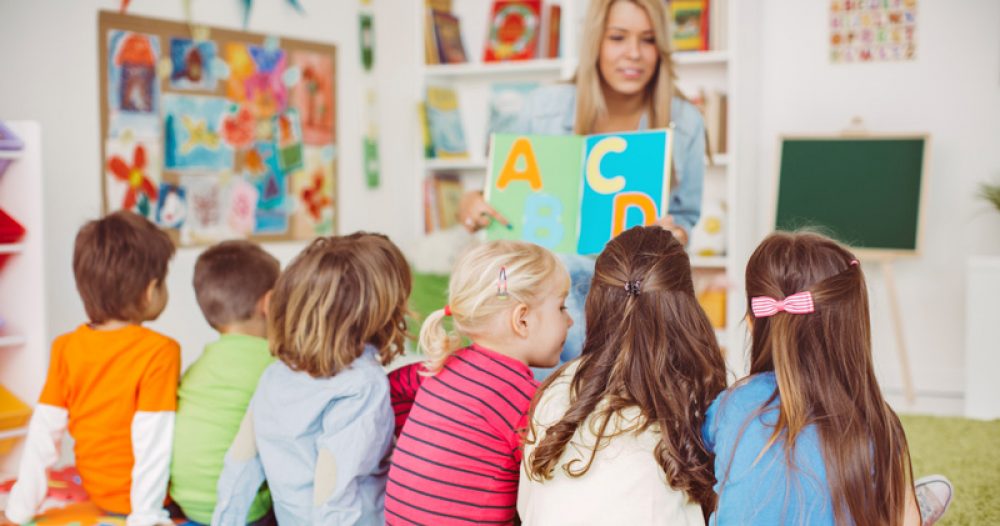The youngest pupils have seen their early years development stall during the pandemic, with an additional three pupils in every reception class falling behind on average, new research suggests.
The proportion of children reaching expected levels in their first year of school fell from 72 to 59 per cent between 2019 and 2021, according to a research report from the Education Endowment Foundation.
The report, published today, found pupils were now more likely to lag behind in all areas of the early years foundation stage (EYFS) framework, including communication and language, physical development, literacy, maths, and personal, social and emotional development (PSED).

Professor Becky Francis, EEF’s chief executive, said it was “particularly concerning that fewer children reached the expected levels of development” by the end of reception as it is “a crucial time for children’s development”.
Researchers assessed the impact of the pandemic by analysing a sample of EYFS data for over 3,000 children who joined reception in the 2020-21 academic year.
Literacy and maths saw the largest percentage differences with 2018-19 outcomes – at 9.2 and 8.6 per cent respectively.
The drop in the proportion of pupils reaching expected grades is equivalent to three more children in every reception classroom not reaching expected levels by the end of the school year, researchers said.
Literacy and personal development concerns persist
Of the 94 schools involved in the study, 76 per cent reported this cohort of learners “needed additional support compared to pre-pandemic cohorts” at the beginning of the year.
While this fell over time, 56 per cent of schools still reported the need for additional support by the end of the year.
At the start of the year schools were most concerned about PSED, communication and literacy – with more than 96 per cent listing these as specific areas of concern.
Again, concerns dropped over time, but schools still had concerns about PSED (80.1 per cent), literacy (73.8 per cent) and communication (72.6 per cent) at the end of the year.
Geoff Barton, general secretary of the Association of School and College Leaders (ASCL), warned constant periods of disruption “have been very difficult to mitigate for all age groups but especially so for young children because of the difficulty of teaching this age group remotely”.
The EEF has also today released a “practical guide” to support schools’ recovery efforts moving forward.
It promotes a three-pronged approach for schools leaders to focus on providing high-quality teaching, conducting targeted academic interventions and addressing non-academic barriers to success, such as attendance.















Your thoughts